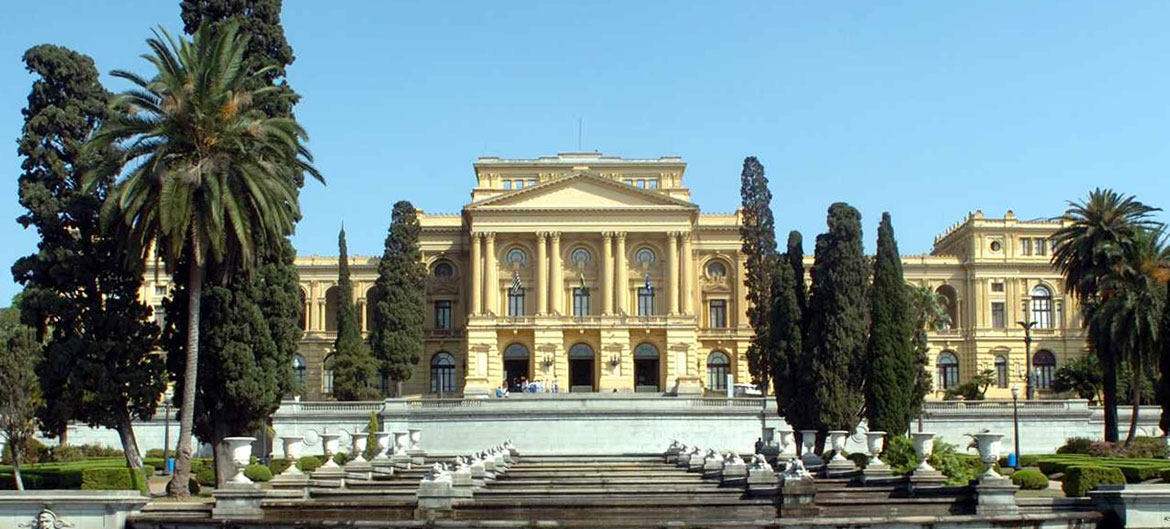University of São Paulo: Setback in racial equality policies in Brazil challenges democracy
The debate Construction, Dismantling and Reconstruction of Racial Equality Policies in Brazil , promoted by USP’s Institute for Advanced Studies (IEA), seeks to discuss the importance and challenges of racial equality policies in Brazil. According to data from the Brazilian Institute of Geography and Statistics (IBGE), 54% of the Brazilian population identifies as black and, “throughout history, these issues have not been addressed in an institutional way”, comments Matilde Ribeiro, a professor at the Universidade da Integração International of Afro-Brazilian Lusophony (Unilab) and former minister of the Secretariat Policies for the Promotion of Racial Equality.
The anti-racist and racial equality agenda is central to guaranteeing democracy, especially in public participation in dialogue. “The population as a whole does not have access to this information. So, putting this on the web is extremely important”, says the teacher about the role of the event. The limited accessibility to spaces for discussion and learning highlights the marginalization of the black population in the country, including in the National Congress, where self-declared blacks represent 24% of the total elected.
The challenge in public policies
For the conquest of rights and freedom, the black movement accumulates centuries of struggle for racial and social justice. Matilde quotes the activist, intellectual and professor Abdias do Nascimento: “Since the first African and the first African arrived here in Brazil and were enslaved, there has been a struggle for rights and freedom”. However, the exclusion of tackling racism from the 2020-2023 Pluriannual Plan and racial inequality in health care during the covid-19 pandemic exemplify the guidelines taken by the government in recent years.
USP Institute debates the prioritization of racial issues in Brazil
Budget cuts, disregard for discrimination and the scrapping of important devices for the anti-racist struggle in the Brazilian scenario block advances on the subject. “The big challenge I see is the budget definition for these policies to happen. All of this is a process that goes through the government structure, through the structure of social movements and through society as a whole, even if it is not perceived.” In 2021, the Ministry of Women, Family and Human Rights (MMFDH) spent just R$1 million on projects to promote racial equality.
“We have a big challenge: it is not just about rescuing the past, but thinking about this past and thinking that this rescue offers us conditions to rearticulate and rebuild”, says Tânia Veríssimo, PhD student at the Institute of Psychology (IP) at USP. and researcher at the Institute for Advanced Studies (IEA) at USP. In the face of dismantling and systematically oppressive actions on the black population, the urgency of combating racism and restructuring the public debate is reaffirmed: “What we need is to build in the face of so many political setbacks”, she reiterates.

